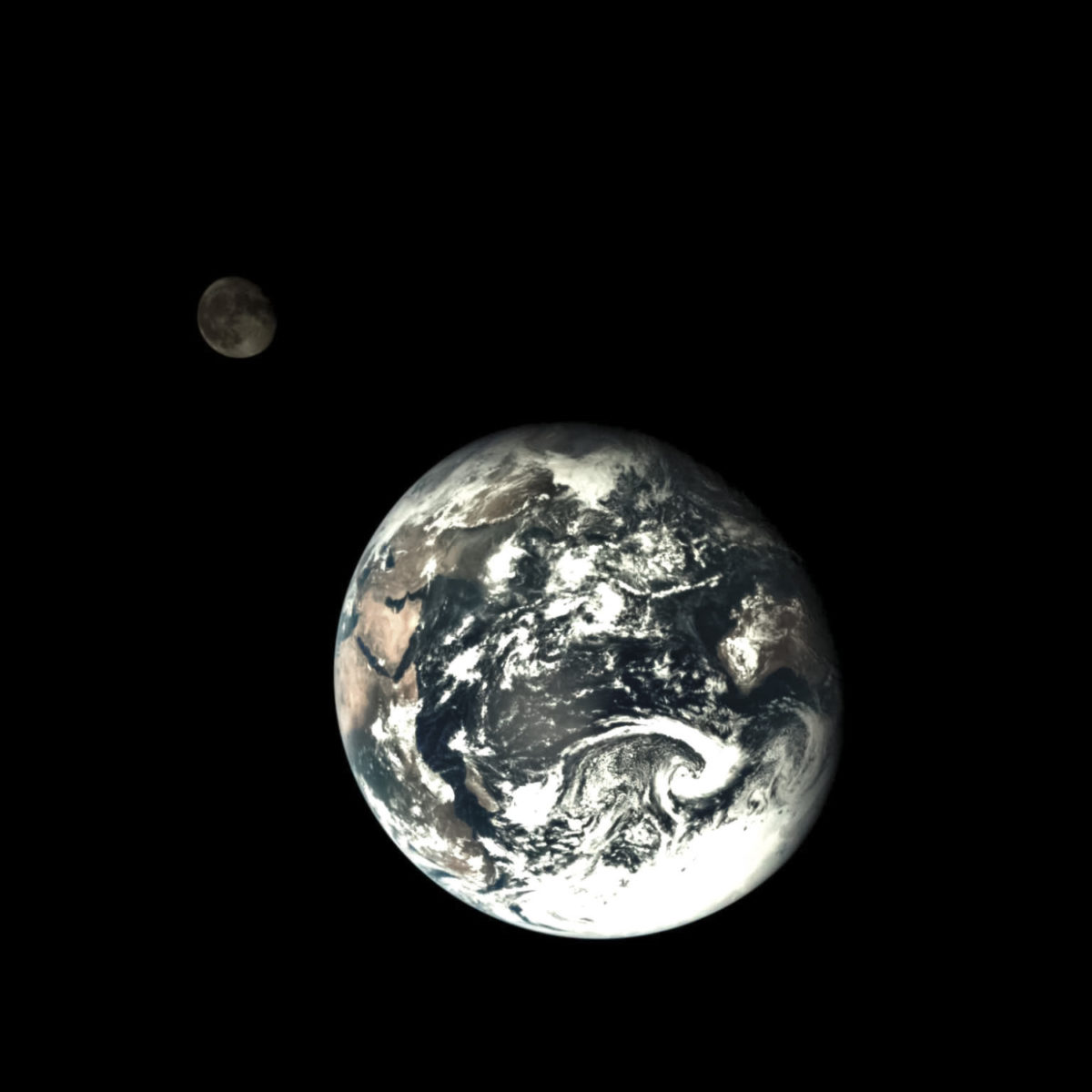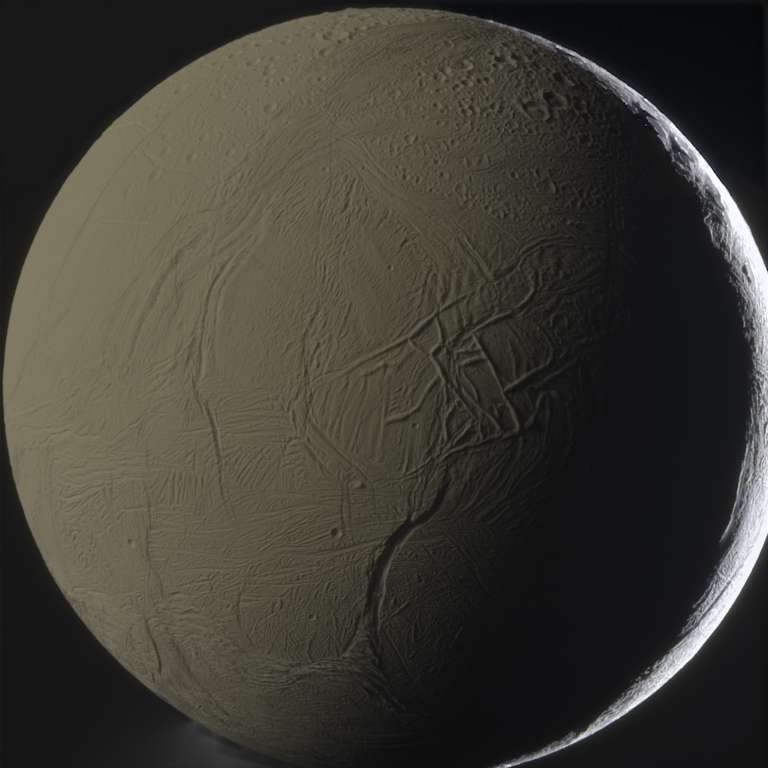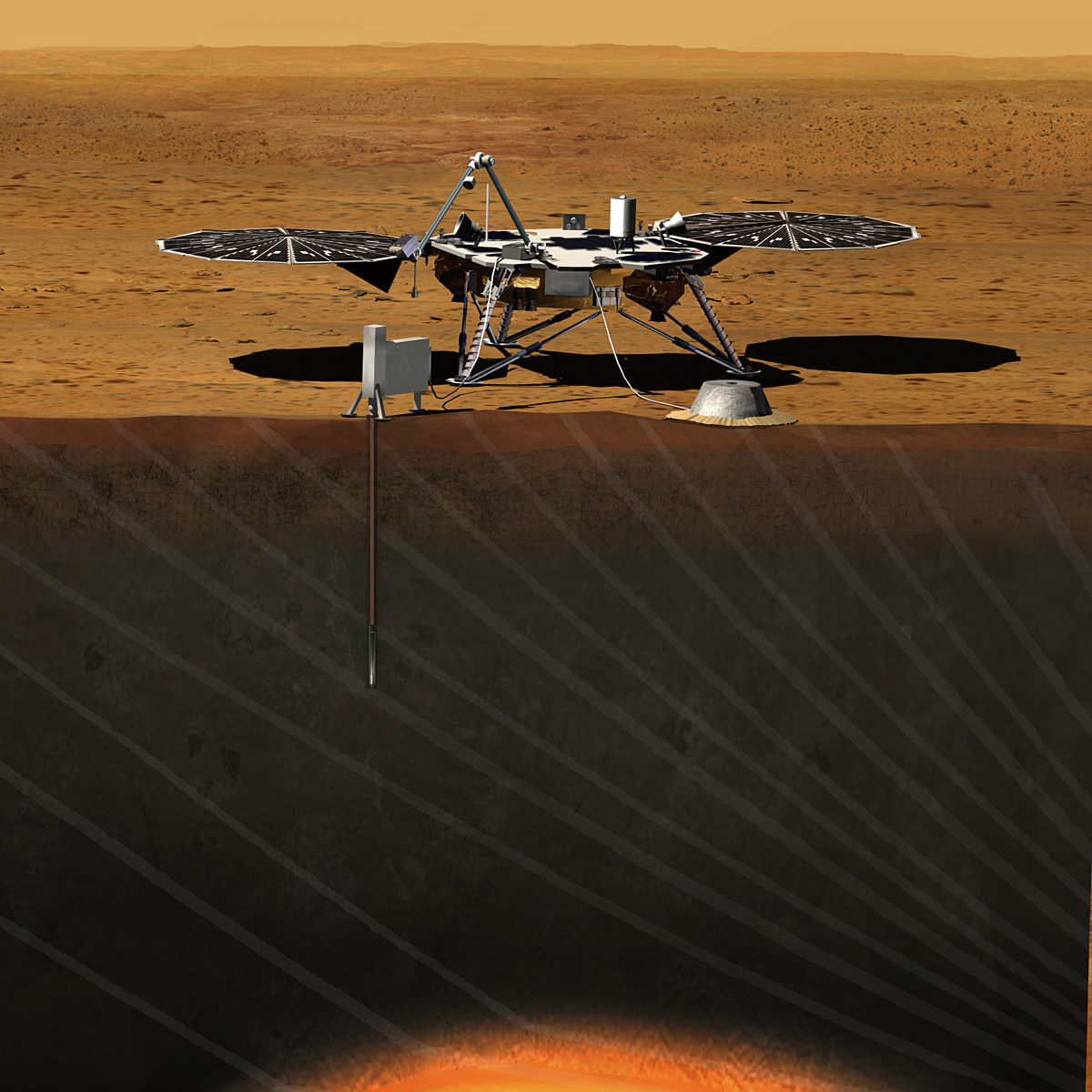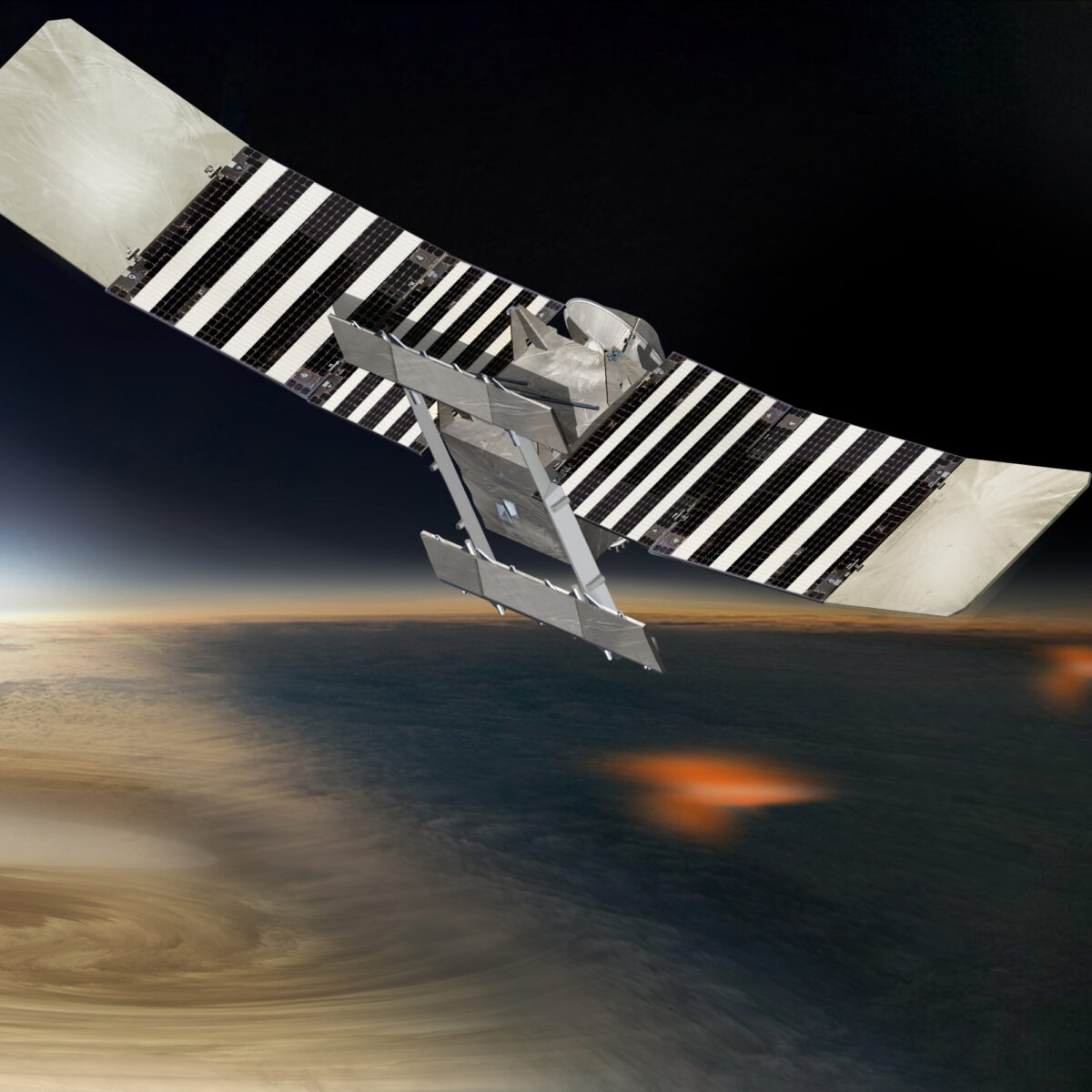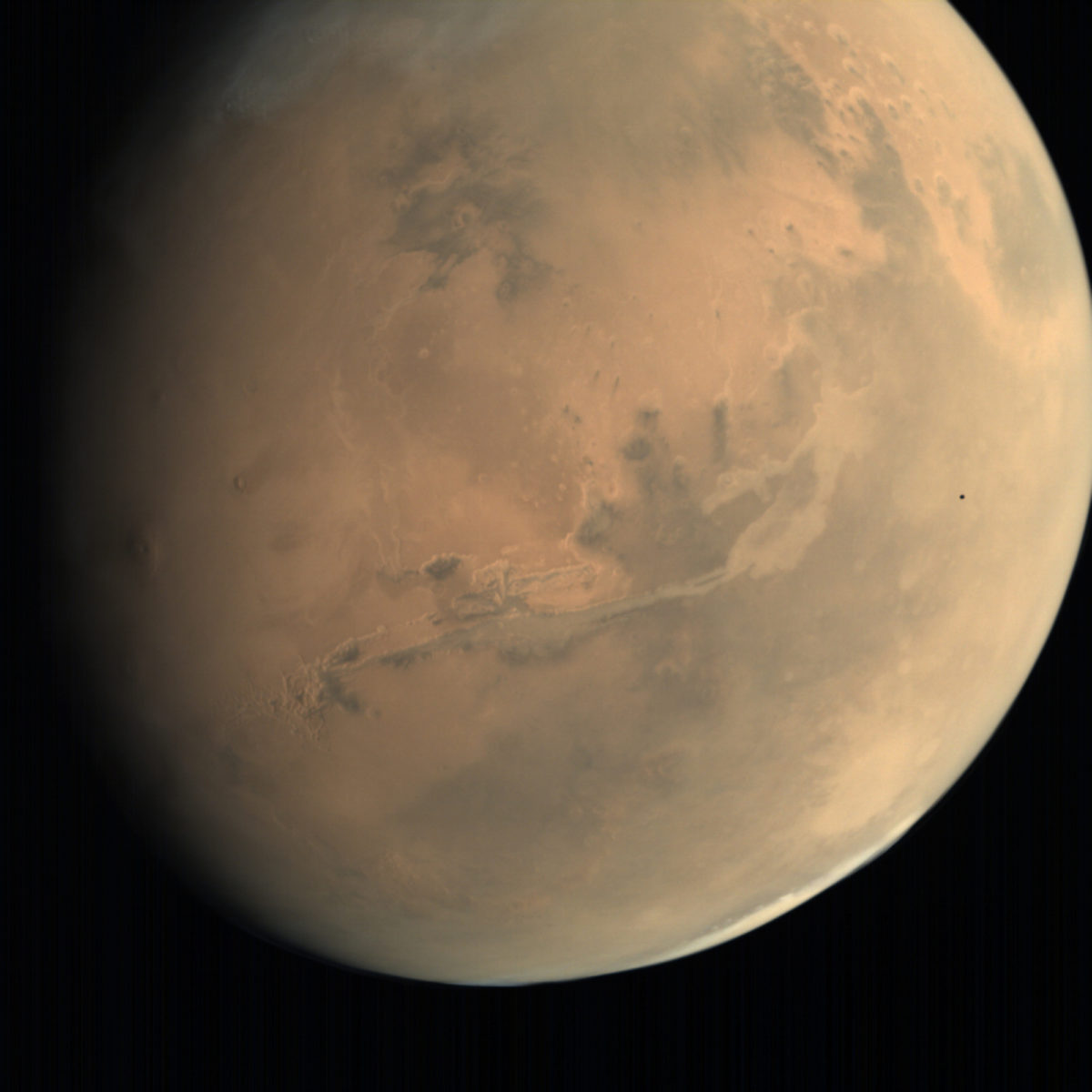All
All
Stories, updates, insights, and original analysis from The Planetary Society.
Postcard from Kentucky: Space in the Bluegrass State
In Kentucky, some very driven people are writing their own chapter of space exploration based on vision, entrepreneurial risk, and scientific and engineering know-how. Wayne Hall shares their stories.
Explorer of Enceladus and Titan
For the third time in less than a decade, scientists have proposed a multiple-flyby mission to explore the habitability of Saturn’s ocean moons Titan and Enceladus.
China outlines its space exploration ambitions
China released a new white paper on its policy and activities in space, outlining ambitious deep space exploration, human spaceflight and space science projects as major priorities for the years up to 2020 and beyond.
SpaceX and the Blank Slate
SpaceX's plans to colonize Mars differ considerably from NASA's Journey to Mars ambitions. But direct comparison is difficult. SpaceX is able to wipe the slate clean and start fresh with a bold new approach to humans in space. NASA has no such luxury, and must use existing pieces and people to make their goals a reality.
Promise, Transition, and Transformation
After 10 days, four NASA centers, two contractors, and hundreds of miles, Casey Dreier shares his initial reflections on the state of NASA's Space Launch System rocket and its future.
Selecting the Next New Frontiers Mission
NASA’s managers have begun the process for a competition to select a new planetary mission to launch in the mid-2020s that will address one of the most important questions in planetary science.
Plans for China's farside Chang'e 4 lander science mission taking shape
The future Chang'e 4 lunar farside landing mission is rapidly taking shape. Now the mission's team is coming to a consensus on the landing location, as well as on the mission's instrument package.
Red Dragon and Planetary Exploration
If SpaceX’s Dragon spacecraft becomes a standard catalog item that could ordered, the way a launch vehicle is, what might the impact be on planetary exploration?
ExoMars Domino Effect
A difficult but necessary decision by ESA and Roskosmos to postpone the launch of the ExoMars rover from 2018 to 2020 raises a question about the fate of other planetary exploration programs in the pipelines of both space agencies.
Lockheed Proposes to have Humans Orbiting Mars by 2028
Lockheed Martin proposed a system to send humans to orbit Mars in the year 2028—a concept that shares many core values with The Planetary Society's report, Humans Orbiting Mars, we released last year.
What NASA Can Learn from SpaceX
SpaceX's announcement that it will send Dragon capsules to Mars demonstrates the advantage of having a clear plan to explore the red planet. NASA should take note.
Defining the Missions for the Ocean Worlds
At a recent meeting of an advisory group for NASA, the Committee on Astrobiology and Planetary Science (CAPS), Jim Green, the head of NASA’s Planetary Science Division, and Barry Goldstein from the Jet Propulsion Laboratory, provided updates on plans to explore our solar system's ocean worlds.
Challenges to Enabling a Richer Planetary Exploration Program
This past week brought to the fore two challenges for NASA’s managers as they try to enable the richest possible mix of coming planetary missions. At stake are whether the agency will be able to select two Discovery missions from the current competition, and whether there will be the possibility of a mission selected for Enceladus and/or Titan in the next decade.
Continuing the Hunt for Exoplanets
Meg Schwamb highlights some of the upcoming space-based missions that will search for planets beyond our solar system.
What Does a 'Good' Budget for Planetary Science Look Like?
NASA's 2017 budget request comes out on Tuesday, here's how you can evaluate if the budget for the Planetary Science Division is good or not. It's not just about 2017, but the next five years.
InSight's Problems: Possible Impacts
Van Kane details the potential repercussions of the launch delay of InSight Mars lander on the rest of NASA's Discovery mission program.
[Updated] An Extraordinary Budget for NASA in 2016
Congress's plan to fund the U.S. government in 2016 includes a stellar $1.3 billion increase for NASA over last year, nearly $730 million above the President's request.
Discovery Finalists
Van Kane rounds up the missions selected to move onto the next round in NASA's Discovery proposal process.
NASA announces five Discovery proposals selected for further study
NASA announced the first-round selections for its next Discovery mission today. A total of five planetary mission concepts -- three targeted at asteroids, two at Venus -- will move to the next stage of the competition.
Mars Week Continues: We've Released Our 'Humans Orbiting Mars' Workshop Report
Learn all about a sustainable, affordable path to get humans to the Red Planet—a path that goes through Mars orbit and Phobos.


 Explore Worlds
Explore Worlds Find Life
Find Life Defend Earth
Defend Earth


 Sun
Sun Mercury
Mercury Venus
Venus Earth
Earth Mars
Mars Jupiter
Jupiter Saturn
Saturn Uranus
Uranus Neptune
Neptune Small Bodies
Small Bodies

